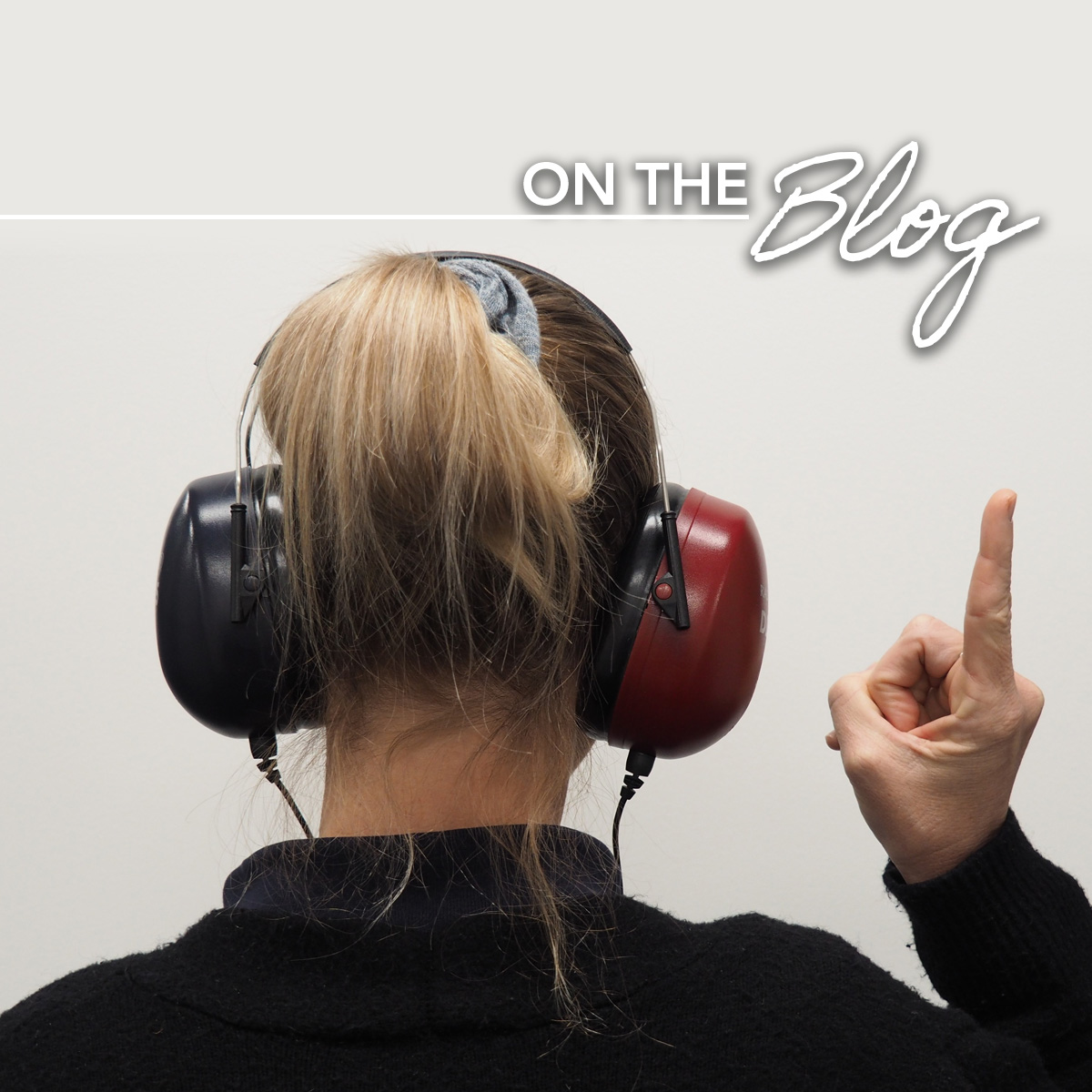 If using a hearing aid to mitigate hearing loss could reduce your risk of dementia, would you use one? Research published in The Lancet (Jiang et al., 2023) recently concluded, “Compared with people with normal hearing, those with hearing loss had a 42% higher risk of dementia, and the use of hearing aids was associated with a risk of dementia similar to that of people without hearing loss” (p. 336).
If using a hearing aid to mitigate hearing loss could reduce your risk of dementia, would you use one? Research published in The Lancet (Jiang et al., 2023) recently concluded, “Compared with people with normal hearing, those with hearing loss had a 42% higher risk of dementia, and the use of hearing aids was associated with a risk of dementia similar to that of people without hearing loss” (p. 336).
Data from a population-based cohort study in Great Britain involving more than 437,000 people ages 40-69 was used. The study noted previous evidence has shown that hearing loss is associated with a 28% increased possibility of all-cause dementia (Jiang et al., 2023). The reasons why aren’t yet clear, researchers wrote.
More daunting is the statistic of how many people with hearing difficulties use hearing aids: another UK study pointed out that only 9% do (Sawyer, et al., 2019)! Thus, millions of people aren’t really hearing conversations around them, and also have a notably higher potential for dementia.
With several older members of my family having varying degrees of deafnesss, I empathize with some of these common reasons for avoiding hearing aids:
- denial of hearing loss
- stigma: what will others think?
- cost
- too much trouble/poor results
Understandably, accepting the reality of aging and making the effort to regain hearing can be toilsome. Getting a hearing test and knowing that you don’t hear as well as you used or (or thought you could) isn’t a cheery chore.
Spiritual Hearing Acuity
Similarly, could we lack awareness whether we’re tending toward being spiritually hard of hearing? When we read Scripture or hear a sermon/podcast/teaching, are we prone to hear or internalize only what we want to hear? Are distractions pulling our spiritual attention away from the truth? Like slowly losing one’s sense of hearing, a gradual slide from attentive listening to the spoken truth and to the Spirit happens subtly.
I know this is true for me. One remedy has been reading more books by and biographies of Puritan writers. These can be pretty dense and heavyweight in content and writing style—and very filling (like a large, buttery almond croissant that takes extra time to digest).
While reading John Owen, J. C. Ryle, and John Bunyan is well worth the time and thought, I’ve also gleaned spiritual truth and formation from reading about Puritans. 5 Puritan Women: Portraits of Faith and Love (Crossway, 2023) by Jenny-Lyn de Klerk is one of these kinds of books written in today’s English. I’ve read it twice and know there’s more I’ll learn the next time through.
I didn’t care for Shakespeare or Homer all the much in high school. But reading and growing to know the Puritans and the God they lived for and wrote about has been instructive and heartening. These writers didn’t shirk from the truth. Through them, I’m learning to do likewise. When the time comes for me to face possible hearing loss, may I do so with alacrity and gratitude that hearing aids are worthwhile and can even reduce my potential for dementia!
Karen Schmidt, BA, RN, is a contributing writing with the Journal of Christian Nursing who regularly recommends to her local library system in Washington state the acquisition of new books by and about the Puritans.
Read all of the Journal of Christian Nursing, online and in print, for free as a NCF member. And get free and discounted NCPD too!
Sawyer, C. S., Armitage, C. J., Munro, K. J., Singh, G., & Dawes, P. D. (2109). Correlates of hearing aid use in UK adults: Self-reported hearing difficulties, social participation, living situation, health, and demographics. Ear and Hearing, 40(5), 1061-1068. https://doi.org/10.1097/AUD.0000000000000695
Jiang, F., Mishra, S. R., Shrestha, N., Ozaki, A., Virani, S. S., Bight, T., Kuper, H., Zhou, C., & Zhu. D. Association between hearing aid use and all-cause and cause-specific dementia: an analysis of the UK Biobank cohort. Lancet Public Health, 8(5), 329-e338. https://doi.org/10.1016/S2468-2667(23)00048-8
Add new comment